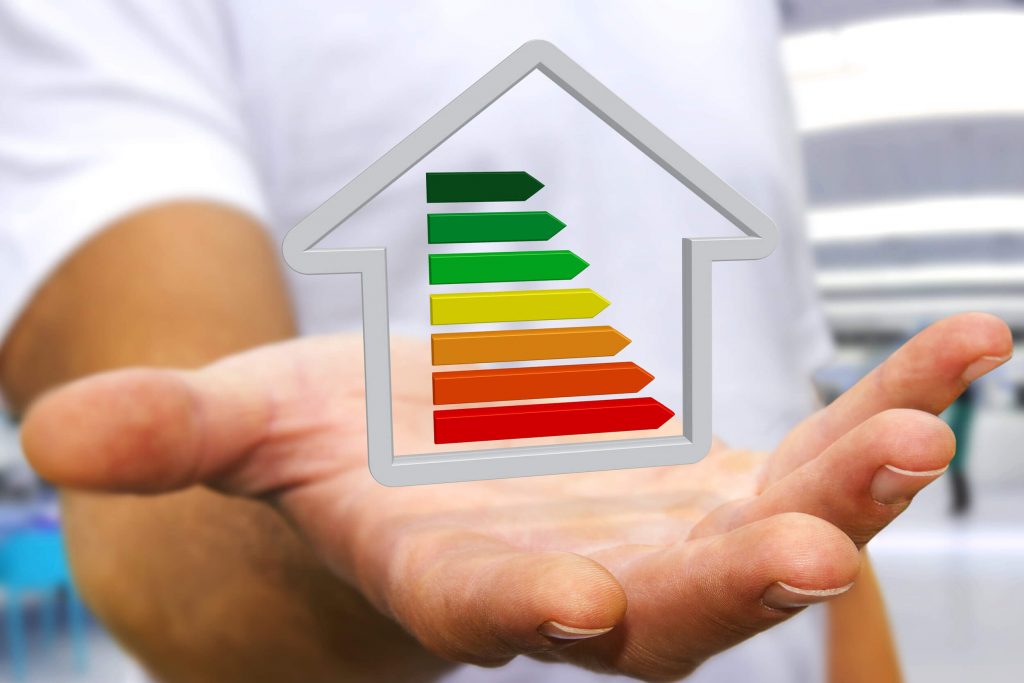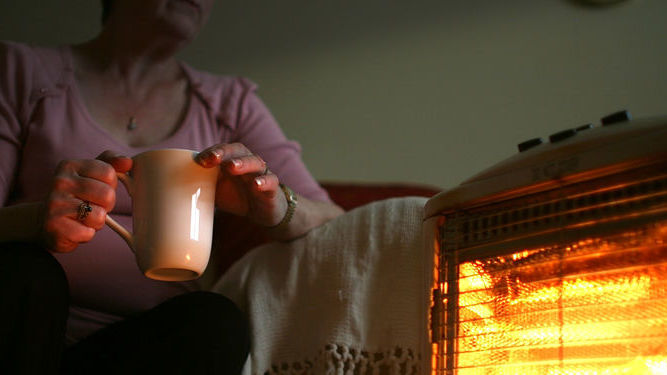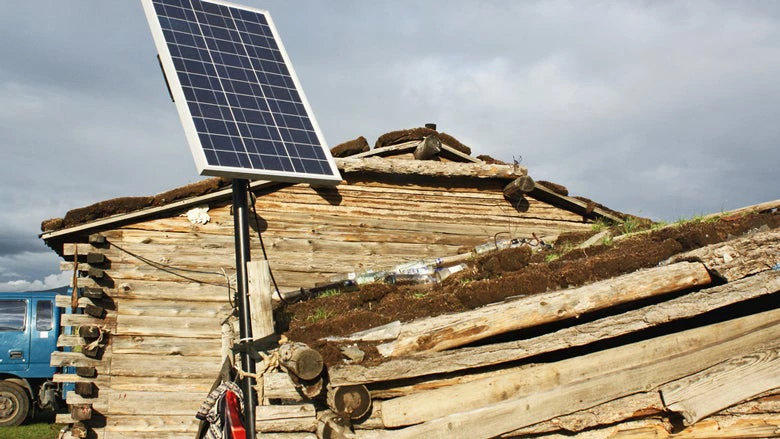Workshop objectives:
- Explore the physical, physiological, and socio-emotional factors that affect environmental comfort in buildings.
- Apply environmental assessment methods and tools in a real case study in Panama.
- Analyze technical data, user perceptions, and architectural features in an integrated way.
- Foster interdisciplinary debate on indoor environmental quality, its determinants, and its consequences for health, well-being, and spatial equity.
- Encourage international collaborations in the study of environmental well-being in the Global South.
- Reflect on the challenges that climate change poses for indoor habitability and promote adaptation strategies with an occupant-centered approach.
- Introduce as an emerging line the analysis of building materials as determinants of thermal comfort within the climatic context.

 Português
Português Español
Español







